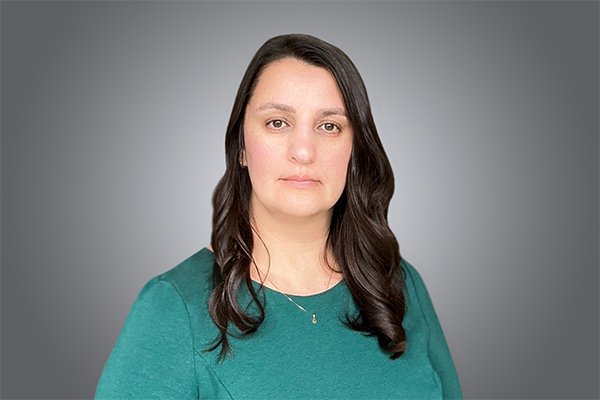Drug addicts often rationalize their substance abuse by blaming their parents. This article examines several reasons for this behavior and provides evidence to support these claims.
Lack of Emotional Coping Skills
Many drug addicts struggle with emotional regulation and may blame their parents for not teaching them healthy coping mechanisms [1]. While parents can contribute to their children’s emotional well-being, individuals must take responsibility for seeking help and turning their lives around [2]. Those who take responsibility and seek professional help are more likely to overcome addiction and lead fulfilling lives.
Belief in Genetic Predisposition
Some addicts believe that addiction is a hereditary disease passed down through generations [3]. Although certain genetic factors can predispose someone to addiction, individual choices and decisions play a significant role in its development [4]. Therefore, drug addicts should accept responsibility for their choices instead of blaming their parents.
Perceived Parental Neglect
Some children of addicts may blame their parents for not providing adequate care and attention [5]. While parental addiction can impact the quality of care a child receives, addiction is a complex disease with multiple contributing factors [6]. Children should approach their parents’ addiction with compassion and understanding rather than judgment and blame.
Strict Parenting
Children of strict parents may turn to drugs or alcohol to cope with stress and later blame their addiction on their upbringing [7]. Although strained relationships can make it difficult for individuals to seek help, recognizing personal responsibility is crucial for recovery.
Lack of Resilience
Some experts suggest that individuals who never learned to cope with disappointment or failure in childhood may turn to drugs or alcohol to numb their pain [8]. While early experiences can contribute to addiction, each person’s story is unique, and personal responsibility is essential for recovery.
Financial Instability
In some cases, financial struggles may contribute to a child’s development of addiction [9]. However, genetic predisposition or other factors may also play a role, regardless of financial stability.
Avoiding Personal Responsibility
Addicts may find it easier to blame their parents than to accept personal responsibility for their actions [10]. Although shifting blame may seem like an easy way out, addicts must ultimately take responsibility for their recovery.
Need for Parental Approval
Low self-esteem may drive drug addicts to seek their parents’ approval, using drugs to escape feelings of insecurity [11]. Developing healthy self-esteem and coping skills is essential for overcoming addiction. In conclusion, while many drug addicts blame their parents for their addiction, it is essential to remember that addiction is a disease that requires professional help [12]. Blaming parents may not lead to the necessary support and recovery. Acknowledging personal responsibility and seeking help are the first steps toward overcoming addiction.
Sources: [1] https://www.psychologytoday.com/us/blog/heartache-hope/201202/why-do-children-blame-parents-their-problems [2] https://www.ncbi.nlm.nih.gov/pmc/articles/PMC3674771/ [3] https://www.drugabuse.gov/publications/drugfacts/genetics-epigenetics-addiction [4] https://www.ncbi.nlm.nih.gov/pmc/articles/PMC3051362/ [5] https://www.ncbi.nlm.nih.gov/pmc/articles/PMC3725219/ [6] https://www.drugabuse.gov/publications/media-guide/science-drug-abuse-addiction-basics [7] https://pubmed.ncbi.nlm.nih.gov/21388594/ [8] https://www.apa.org/pi/about/publications/caregivers/practice-settings/intervention/children-emotional [9] https://www.ncbi.nlm.nih.gov/pmc/articles/PMC3893633/ [10] https://www.ncbi.nlm.nih

Reviewed By: Julia Anderson, LICSW, SUDP
Julia Anderson, LICSW, SUDP is an experienced leader in the fields of clinical social work and substance use recovery. She works with patients across the lifespan to evaluate mental health challenges and provide comprehensive case management. In addition, she meets clients where they are, utilizing deep cultural competence to build trust and foster transformative change. She also advocates for client self-determination and reviews strategies to support work-life balance and personal empowerment.
